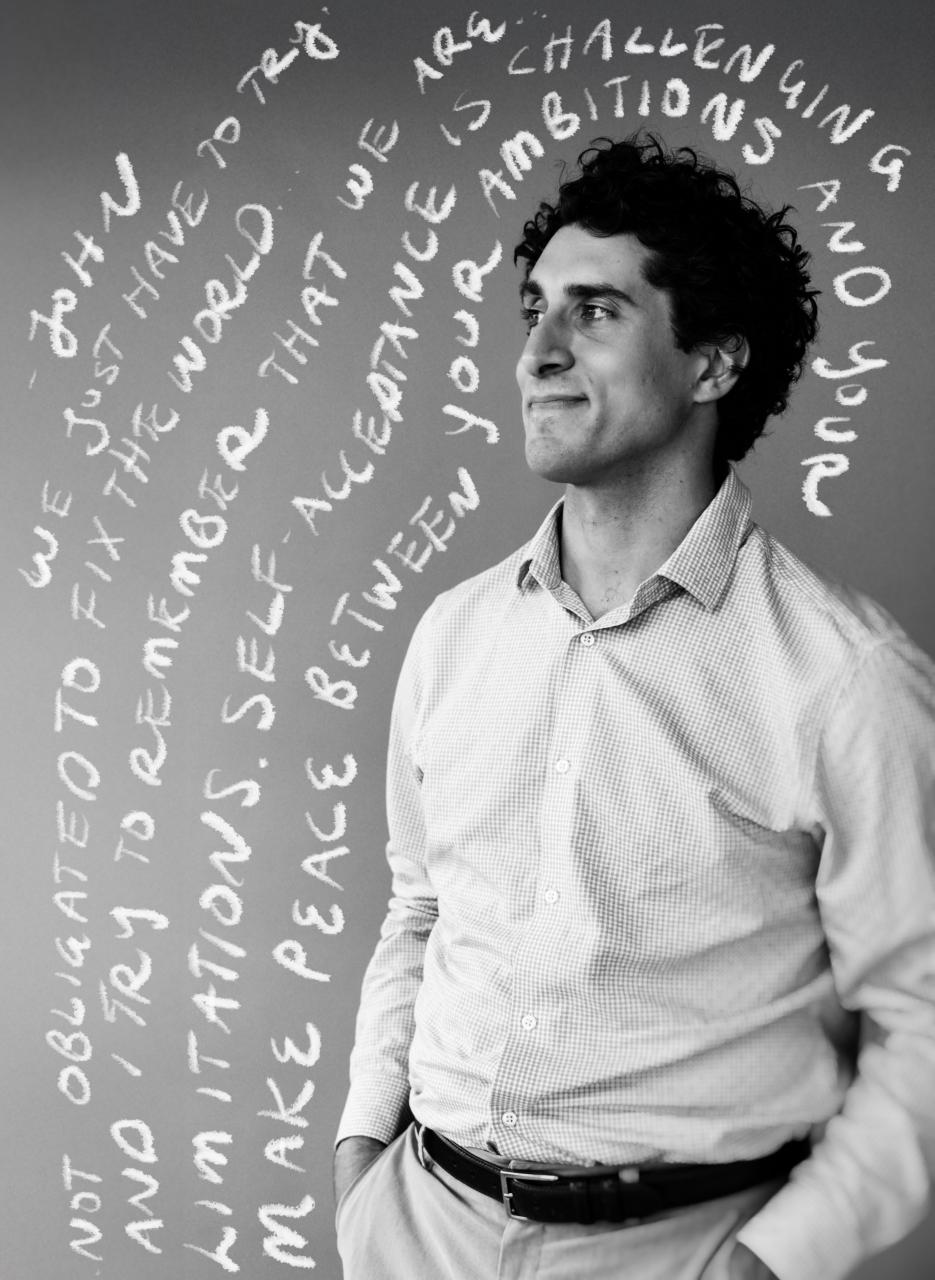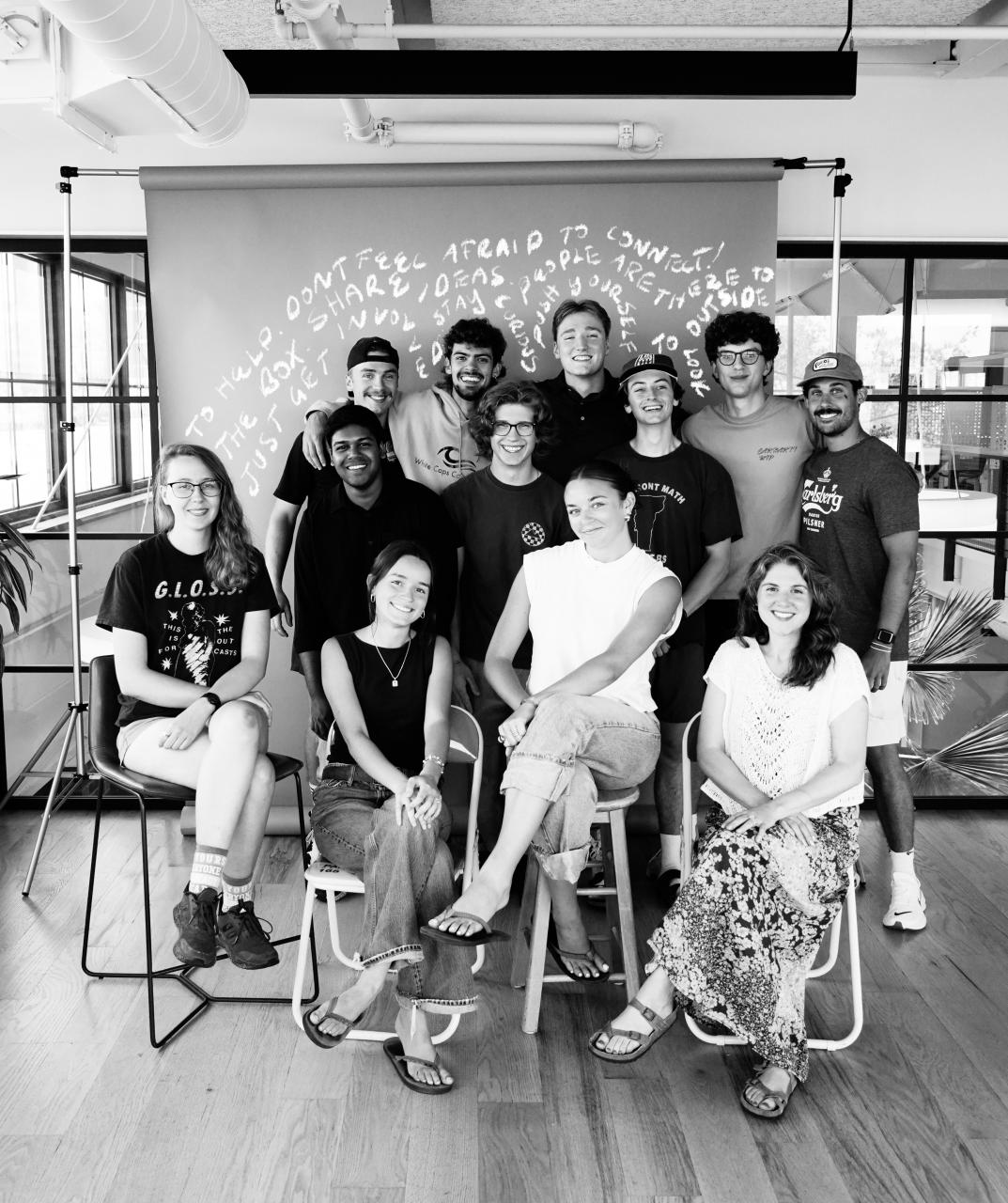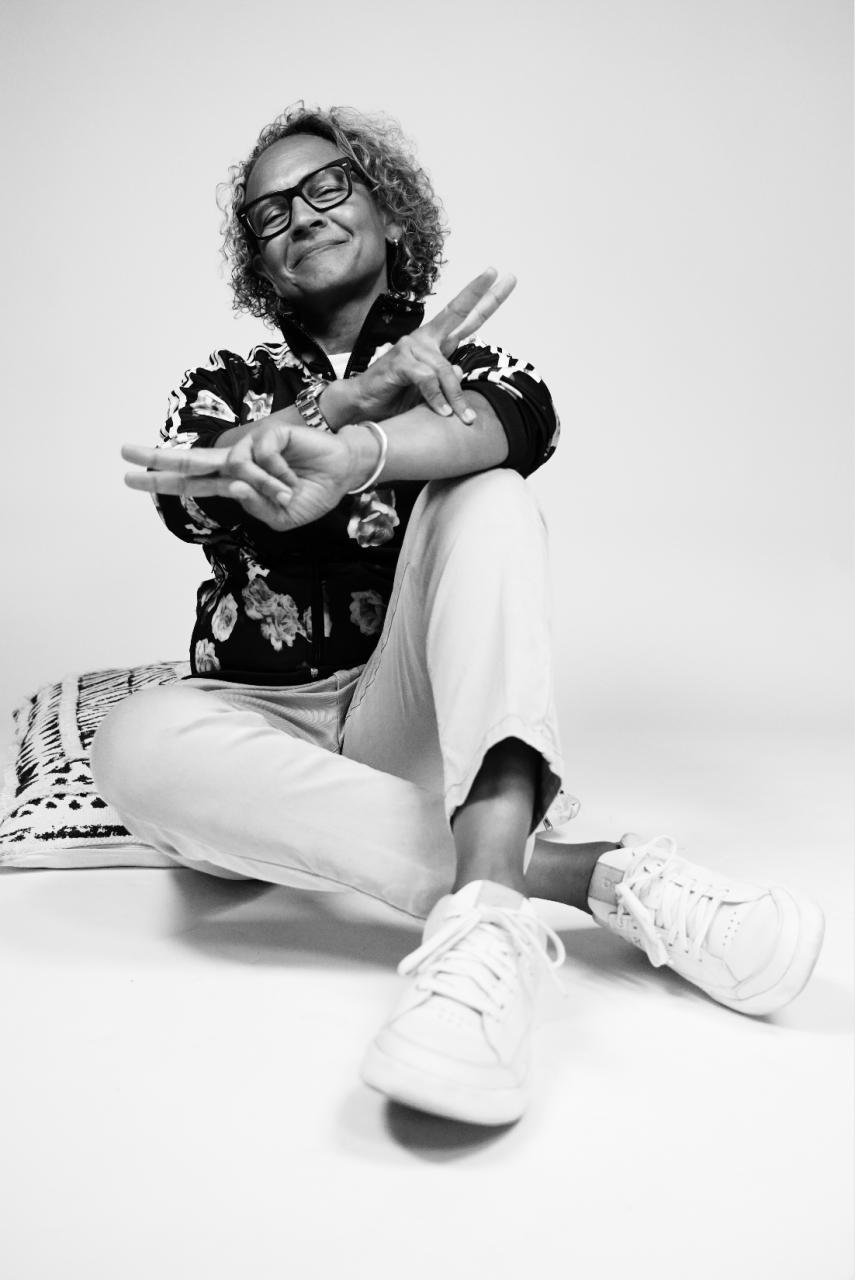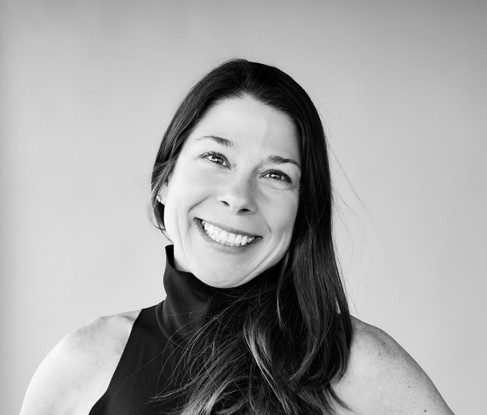How John Tanis Is Building Climate Resilience and Community, One Small Act at a Time
It took a little convincing to get John Tanis in front of the camera. If you know him, you know photo shoots and the spotlight are pretty much the opposite of his preferred environment. But once he started answering our questions, it was immediately clear why we wanted to hear more. John’s perspective on work, community, and everything in between is the kind of grounded wisdom that fuels this series.
He’s the type of person whose presence quietly elevates every space he’s in—steadfast, thoughtful, and deeply rooted in purpose. Often we summarize our interviews with the interesting people of the Hula community, but in this case a "write-up" wasn't doing John's answers to questions justice, so we're sharing the raw interview.
Q&A Responses
Q: What do you do?
A good friend likes to remind me that there are 168 hours in a week.
For 40 of those hours, I work as a field researcher for the Environmental Team at the Government Accountability Office (GAO). There, my work has focused on the government’s fiscal exposure to climate change impacts. The best part of the role is community engagement - to understand environmental issues, we need to engage with congressional staff and federal agencies, but we also sit at the dinner table of folks’ homes. Recently, I’ve been helping create the first federal agency climate resilience plan. I am responsible for the waste component — covering a glamorous group of waste streams including trash, composting, paper and plastics recycling, furniture, electronics, and construction materials. (If anyone has thoughts on how to divert different waste streams in a physical space successfully, please let me buy you lunch.)
For 10 hours, I coach rowing at UVM. Rowing is a great way to teach people things.
For 5, I work on my small, free, sustainability consulting effort to help small businesses find ways to improve their social and environmental impact.
For the rest of the hours, I’m moving my body or spending time with people I care about. I think there needs to be space for play, and I’m working on that. For me, that looks like bikes, sailboats, mountains, lakes, sunrises, and anything else that keeps me away from my phone.
Q: What's something a mentor or important person has shared that made an impact on your business or career?
My jidou (Arabic for grandpa) used to tell us, “Be brief, be sincere, and be seated.” I think men, especially, have a hard time with this. Authenticity and brevity go a long way inside and outside the workplace. He also believed good leaders stay humble, and often reminded us, “Today a peacock, tomorrow a feather duster.”
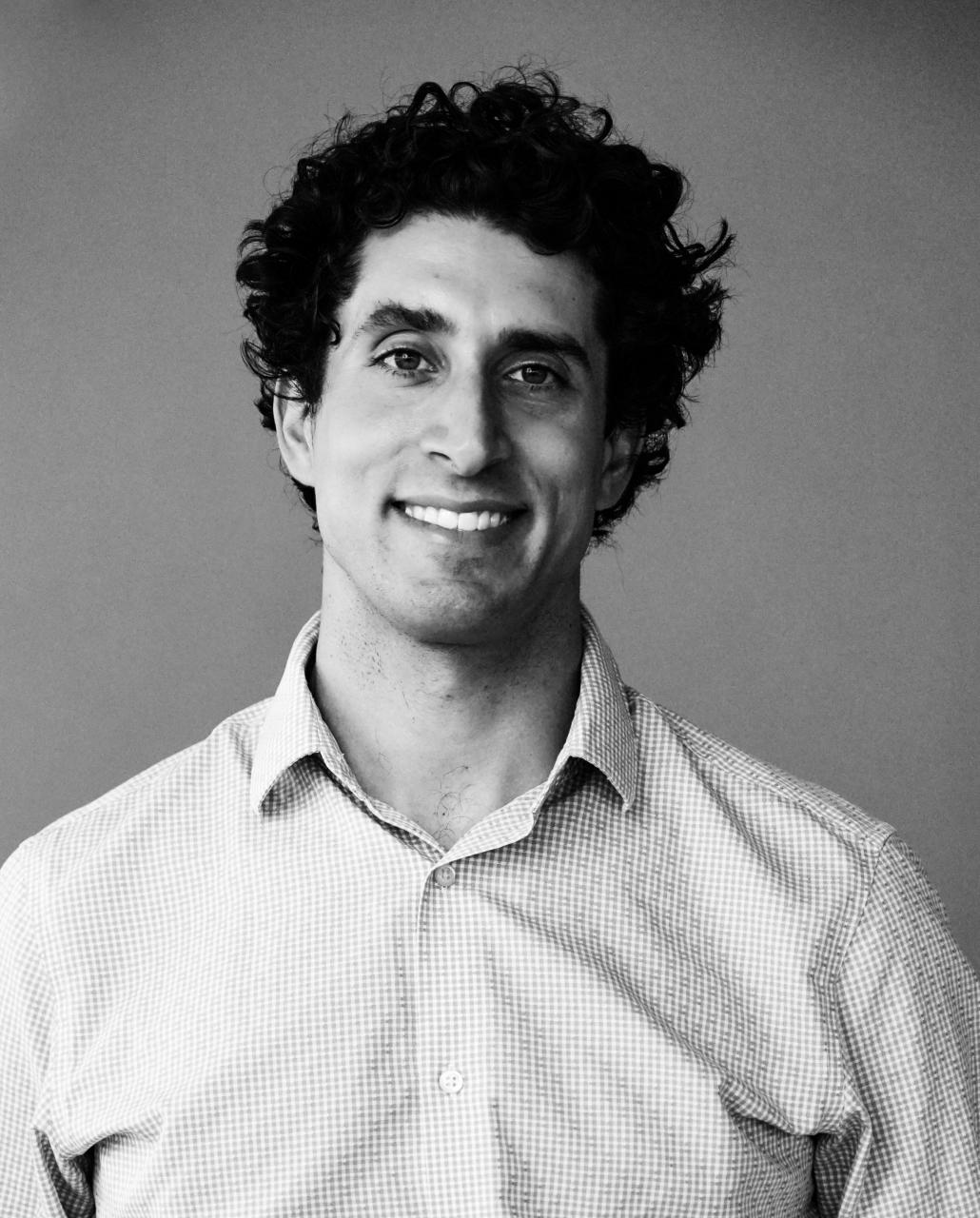
Q: Similarly, what's a piece of advice you give to other people?
Make peace between your ambitions and your limitations. I’ve had some autoimmune issues along the way that knocked me off my horse. Self-acceptance is challenging, and I try to remember that we are not obligated to fix the world; we just have to try.
Q: What role does community play in your career or business?
Community plays a role in balancing work culture. Our work bucket in the U.S. is too big. We are more stable humans when we invest in filling up other buckets, including friends, family, volunteerism, etc.
Q: What was a pivotal moment while you were building your business or during your career that made you realize you were on the right track? Are there signs people should look out for?
On a site visit to a nuclear power plant in Florida, I forgot my cell phone in a containment building. Right after I realized it was missing, a plant staff member came running out to our car with my phone. He was smiling because a nuclear containment room is about the worst place you can leave a cell phone, and we became friends on the tour. My manager later commented that I was awfully forgetful but very good at connecting with people. Maybe it’s true, maybe not, but I think when people recognize we have aptitude for using certain skills at work, it can be important to pay attention.
Q: How do you handle setbacks or failures without losing motivation?
I usually have a good cry or two, lean into my friendships, and try to move forward. There’s cortisol in tears, so it’s a big win. Ironically, few of us want to ask for help, but we often feel closer to people when we help them in a time of need. Also, when I control the controllables (food, sleep, exercise, social media intake, etc), I find some comfort in knowing I did all I could.

Q: What's a personal habit or mindset shift that significantly improved your business or work life?
Give. Generosity begets generosity. We feel good when we help people, and that generosity finds its way back to us, even if its path is nonlinear.
Q: Is there a transformative book, speech or presentation that you'd recommend to other aspiring business professionals?
A wise soul gave me a copy of Pema Chödrön’s Living Beautifully: With Uncertainty and Change. I’d recommend for folks (like me) who fear big changes. I’ve felt fearful of both unemployment and employment, of taking career risks, and not taking career risks. I listened to this book during a two-month bike tour meant to help me work through that fear, and here was my favorite quote: “We have a choice. We can spend our whole life suffering because we can't relax with how things are, or we can relax and embrace the open-endedness of the human situation, which is fresh, unfixated, unbiased.”
Q: Anything else you'd like to add?
Adventures play a role in a career. Adventures loosen the tangles in our brains and help us figure out what changes we need to make. When we feel stuck and can’t figure out our stuck-ness over the weekend, a good old-fashioned trip is sometimes needed.
Organizations may be more amenable to unpaid than we think, especially if we are valuable to an organization. Rested staff are productive staff.
We’re grateful for members like John who remind us that leadership doesn’t have to be loud to be powerful, and that making space for people, play, and purpose can be a form of impact all its own.

